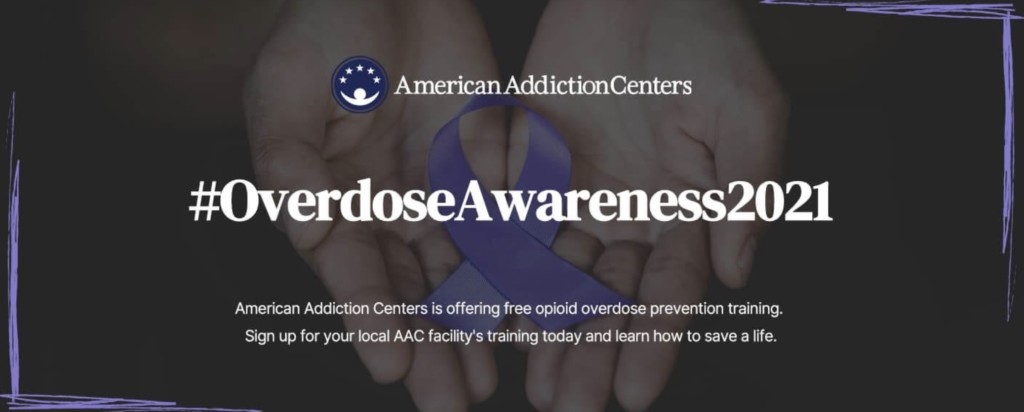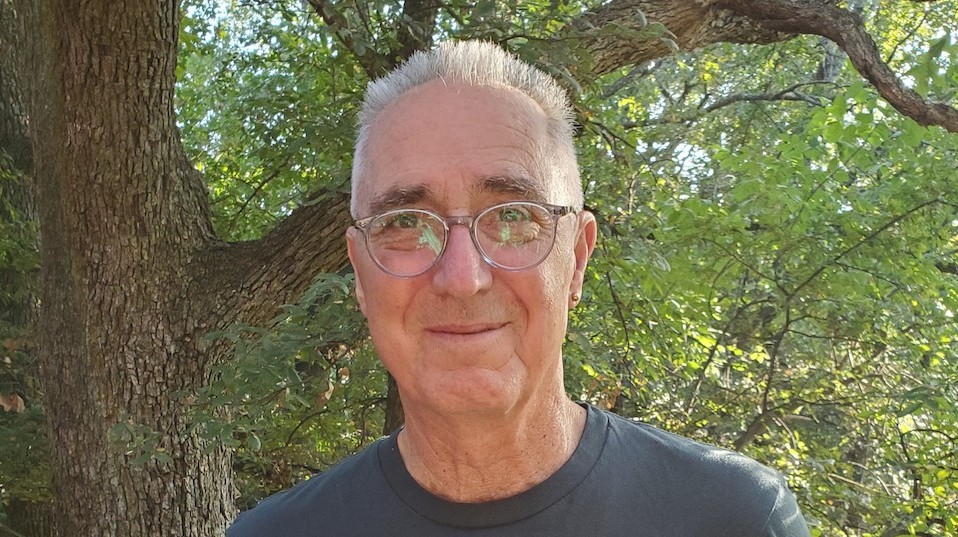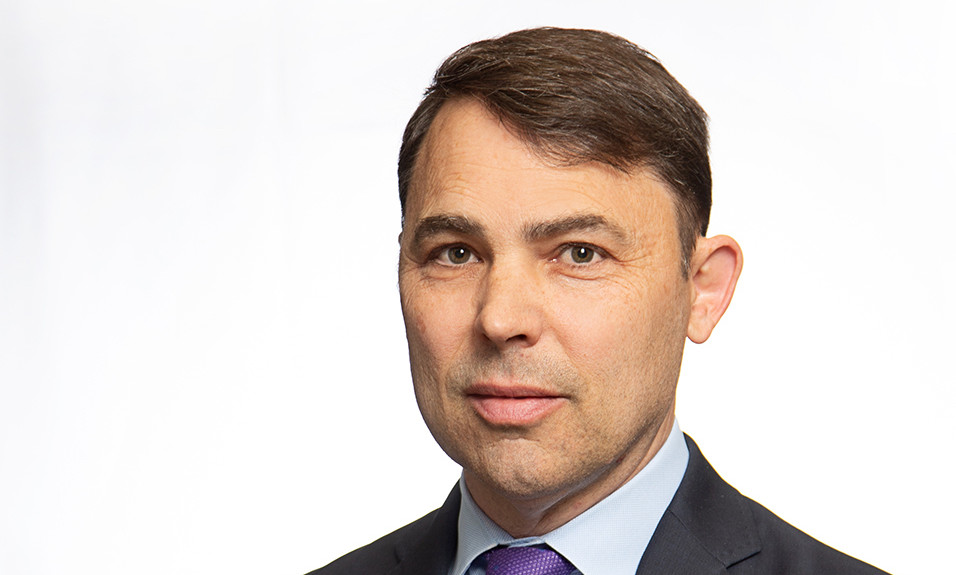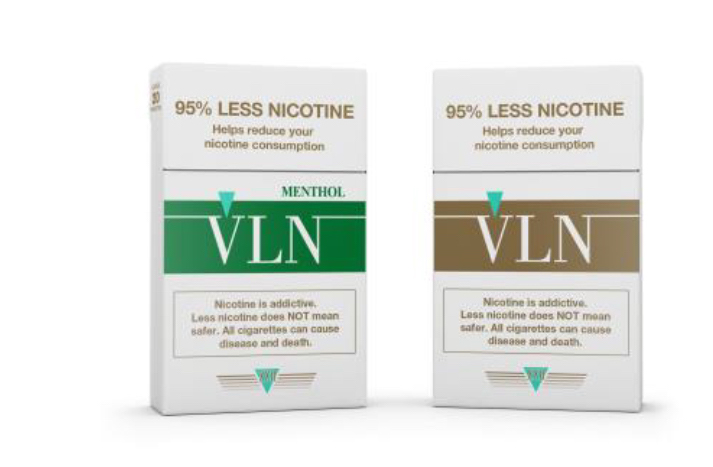Spurred on by a harrowing experience with his son, he now trains others in how to administer the overdose-reversal drug
By Jason Langendorf
Philip Van Guilder had no idea his son was using opioids, let alone using them only a room away, when the boy overdosed while hanging out with friends at home last November. But thanks to naloxone (brand name Narcan) and Van Guilder’s knowledge of administering the overdose-reversal drug, he was able to save his son’s life.
The experience motivated Van Guilder to become a naloxone administration trainer, and next week he’ll attempt to save more lives by passing on that instruction as part of a weeklong virtual initiative from American Addiction Centers called Overdose Prevention Training 2021, geared toward businesses interested in training their staffs.
“If I can get you to understand how mechanically easy it is to use [Narcan] when you come upon someone, you’ll be trained and you’ll know exactly what to do.”
—Philip Van Guilder, naloxone administration trainer
Van Guilder, the director of community affairs and overdose prevention at Greenhouse Treatment Center and site director at Denton County Medical Reserve in the Dallas-Fort Worth area, will host one of 14 video training sessions offered Aug. 30 and 31 (International Overdose Awareness Day). A roughly 45-minute tutorial will be followed by a Q&A after each session.
“If I can get you to understand how mechanically easy it is to use when you come upon someone, you’ll be trained and you’ll know exactly what to do,” Van Guilder says of the naloxone training. “And we’ll take away that fear from you, where you might be saying, ‘I don’t know what to do—I don’t know how to help.’”
Bringing Narcan to the Corporate World
American Addiction Centers has offered training for administering naloxone in communities as part of Overdose Awareness Day in the past. But in light of the record number of overdose deaths in the United States during the COVID-19 pandemic, the organization focused on corporate outreach in an effort to raise awareness and normalize the availability of naloxone in settings that might have been resistant to it in the past.
Most businesses teach CPR. But we also need to be teaching this.”
—Joy Sutton, director of corporate communications, American Addiction Centers
“Most businesses teach CPR,” says Joy Sutton, director of corporate communications at American Addiction Centers and host of the Addiction Talk podcast. “But we also need to be teaching this. So that was our focus, to really get the word out there and to provide this to those local businesses and people connected to us.”
“In just the hour we’re talking, I know that 11 people are going to die of an overdose,” Van Guilder says of the training sessions. “I know that when I do the training. We have to be transparent. And we have to be genuine and authentic and intentional. If we’re all of those things, people will understand.”
Training for Everyone
Van Guilder emphasizes that naloxone is available in all 50 states without a prescription, and says that almost every state has an initiative wherein it is provided for free. He recommends that everyone be trained on naloxone administration and carry the overdose-reversal drug in a purse or duffel bag, including in corporate settings. Narcan should be within arm’s reach at all times, Van Guilder says, because you don’t know when you’ll come across an overdose victim.

“I mean, I’m in the industry of mental health evangelism and around this every day,” Van Guilder says. “How did I miss this in my own son?”
Van Guilder remembers well the conversation he had when he reached out to his friend about naloxone training immediately after his son’s overdose. “He said, ‘You know, there’ll be one more chair at Thanksgiving this week.’ Well, he said that to me, and that’s when it hit me—what happened with my son.
“And one of the two boys that was there for his overdose—neighborhood friends that grew up together—two weeks later, he had an overdose. No one in his home had Narcan. We went to his funeral.
“They just needed to have Narcan.”














